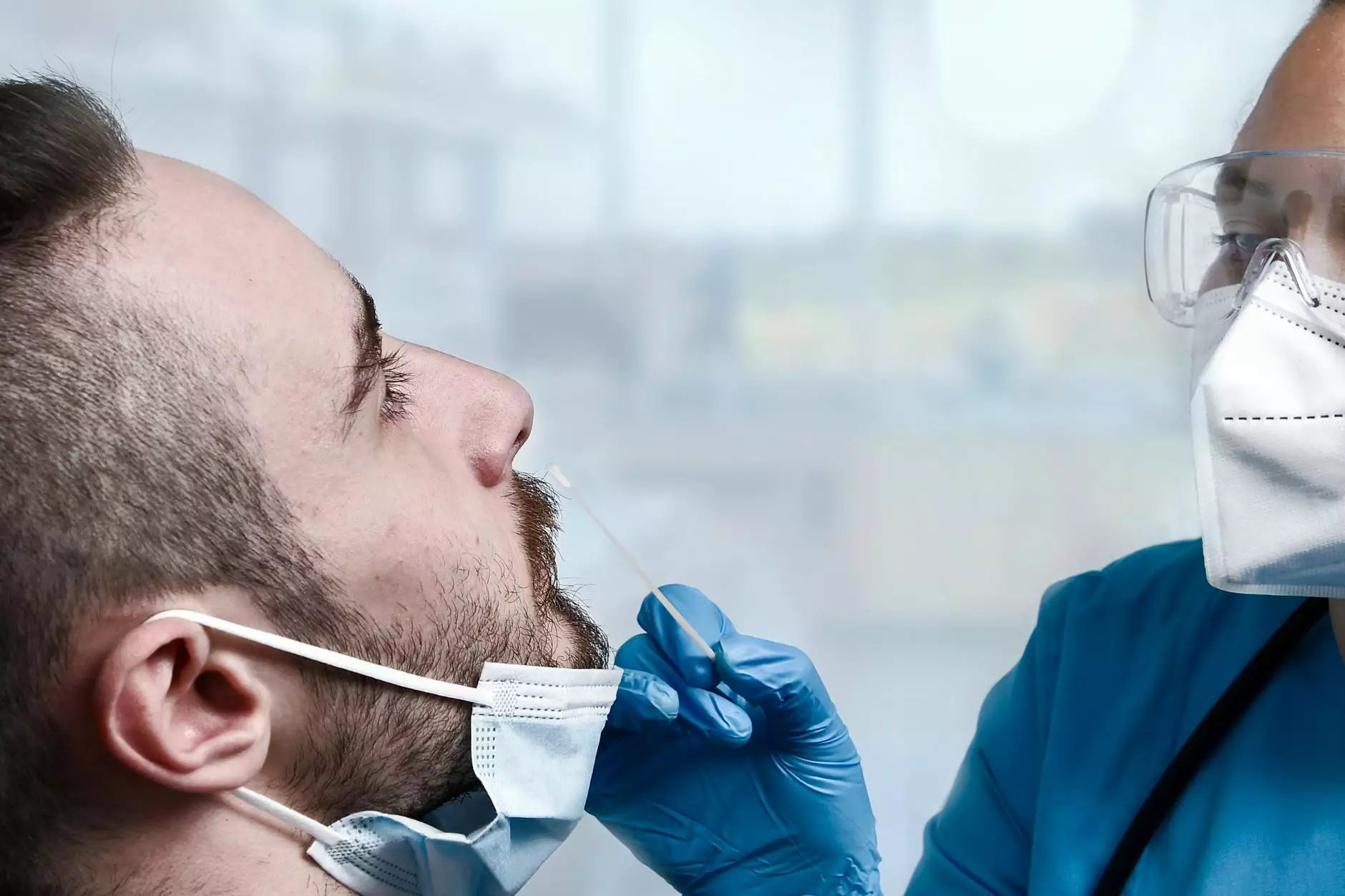The Essential Guide to Plastic Surgery Instruments

Plastic surgery instruments are the backbone of surgical procedures that enhance, reconstruct, or modify the human body. In this comprehensive guide, we will delve into the vast realm of these essential tools, exploring their types, uses, and significance in the medical field. Whether you are a medical professional, a student, or someone interested in understanding the intricacies of plastic surgery, this article will provide invaluable insights.
Understanding Plastic Surgery Instruments
Plastic surgery instruments encompass a wide array of tools specifically designed for surgical procedures. These instruments are crucial for performing various tasks, such as incisions, suturing, dissection, and tissue manipulation. Knowing the specific applications and functions of each instrument is essential for ensuring the safety and efficacy of surgical operations.
Types of Plastic Surgery Instruments
The classification of plastic surgery instruments can be diverse, but they generally fall into several main categories:
- Scalpels: Used for making incisions in the skin.
- Scissors: Specifically designed for cutting tissue.
- Forceps: Utilized for grasping and holding tissues.
- Needle Holders: Essential for suturing operations.
- Electrocautery Devices: Used for cutting tissue and controlling bleeding.
- Retractors: Employed to hold back tissues and organs.
- Suction Devices: Used for removing blood and fluids from the surgical site.
1. Scalpels
Scalpels are among the first instruments introduced in any surgical toolkit. They come in various shapes and sizes, enabling surgeons to make incisions with precision. The blade’s sharpness and design significantly affect the ease and accuracy of incisions; thus, surgeons must choose the appropriate scalpel for each specific surgery.
2. Scissors
Plastic surgery often requires specialized scissors for different types of tissue. Surgical scissors can be categorized into:
- Metzenbaum Scissors: Ideal for delicate tissue dissection.
- Mayos Scissors: Useful for heavy tissue cutting.
Each pair is tailored to optimize precision and minimize trauma to surrounding tissues.
3. Forceps
Forceps are indispensable in surgeries for grasping, holding, and manipulating tissue. They come in various designs such as:
- Allis Forceps: Designed for grasping and holding tissue.
- DeBakey Forceps: Known for their atraumatic grasp, perfect for vascular surgery.
These tools facilitate excellent control during intricate procedures.
4. Needle Holders
When it comes to suturing, needle holders provide the grip essential for threading needles through tissues. Their ergonomic design allows surgeons to apply the necessary force while minimizing hand fatigue, which is pivotal during lengthy surgeries.
5. Electrocautery Devices
Electrocautery instruments use electrical currents to cut tissue and coagulate blood vessels. This not only speeds up operations but also reduces the need for traditional sutures, making recovery easier for patients.
6. Retractors
Retractors play a vital role in maintaining visibility and access to the surgical area. By holding back tissue, they allow surgeons to focus on the operative field without obstruction, thereby enhancing safety and efficiency.
7. Suction Devices
In any surgical procedure, visibility is paramount. Suction devices help manage blood and fluid, ensuring that the surgical site remains clear. This is especially crucial in procedures involving significant blood flow.
Importance of Quality in Plastic Surgery Instruments
When it comes to plastic surgery instruments, quality cannot be compromised. High-quality instruments ensure:
- Precision: Surgeries require accuracy, and quality instruments guarantee precise movements.
- Durability: Surgical instruments must withstand repeated use and sterilization without losing their efficacy.
- Safety: Well-manufactured tools minimize the risk of complications during procedures.
- Comfort: Ergonomic designs reduce the strain on surgeons, allowing for prolonged operations without fatigue.
The Role of Technology in Advancing Surgical Instruments
Modern advancements in technology have revolutionized the field of plastic surgery instruments. Innovations such as robotic surgery tools, 3D printing, and improved materials have led to:
- Enhanced Precision: Robotic instruments can perform with higher accuracy compared to traditional methods.
- Customization: 3D printing allows for tailored instruments that meet the exact needs of specific surgeries.
- Improved Sterilization: High-tech materials are now easier to clean and sterilyze, ensuring patient safety.
Challenges in the Plastic Surgery Instrument Market
Despite the advancements and vital importance of plastic surgery instruments, the market faces several challenges:
- High Costs: The quality and technology integrated into surgical instruments can make them expensive, posing budget constraints for some facilities.
- Training Requirements: Advanced instruments require thorough training for proper use, necessitating resources and time.
- Regulatory Guidelines: Compliance with stringent regulations can complicate the introduction of new instruments into the market.
Future Trends in Plastic Surgery Instruments
The future of plastic surgery instruments looks promising, characterized by several evolving trends:
- Minimally Invasive Techniques: Instruments designed for minimally invasive surgery will continue to progress, improving patient outcomes.
- Integration of AI: Artificial intelligence is likely to play a role in enhancing the precision and efficiency of surgical instruments.
- Focus on Sustainability: More manufacturers are looking towards eco-friendly materials and production methods.
Conclusion
In conclusion, plastic surgery instruments are crucial for achieving successful outcomes in surgical procedures. Understanding the variety of tools available, their applications, and the importance of quality can significantly impact patient care and surgical effectiveness. As the field continues to evolve with technology and innovation, the future of plastic surgery will only get brighter, improving the lives of countless individuals seeking surgical interventions.
For healthcare providers, acquiring high-quality instruments from reputable suppliers like new-medinstruments.com is essential. Their commitment to delivering superior medical supplies ensures that surgeons have the tools they need to perform at their best while prioritizing patient safety and satisfaction.









